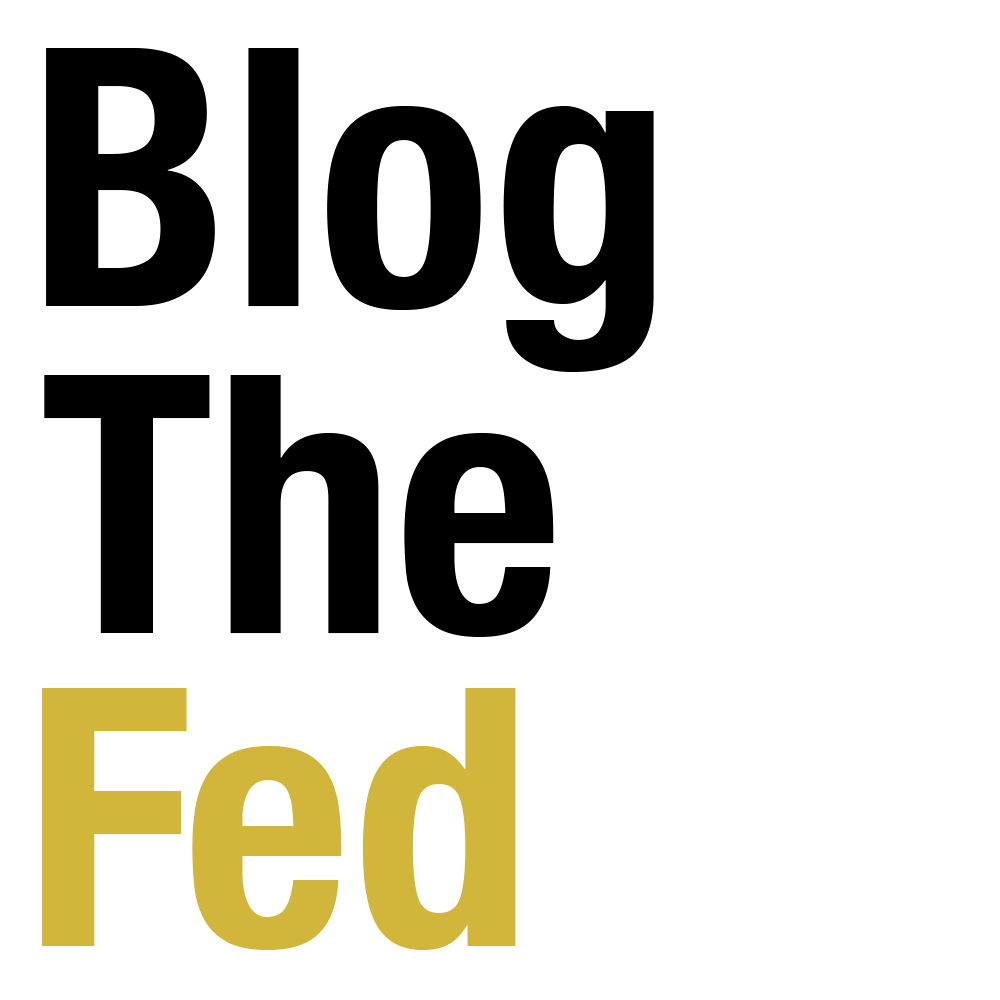As the world grapples with the rapidly escalating COVID outbreak, an unprecedented challenge is unfolding—not just in public health, but in the global economy. Governments and businesses alike are facing questions that will define the economic and financial landscape for years to come.
What will a shutdown of the economy mean?
• How long can businesses, particularly small and medium-sized enterprises, survive without revenue?
• What happens to workers suddenly without paychecks?
• How will financial markets react as uncertainty and volatility surge?
• Will the global supply chain disruptions lead to inflationary pressures, or will demand collapse drive deflation instead?
These are questions that demand urgent answers, and they underscore a simple truth: the time for action is now.
Fiscal and Monetary Policy: First, Keep People and Businesses Afloat
At this early stage, the priority must be clear—keep people and businesses above water. Policymakers must act decisively to prevent economic collapse. This means providing as much financial assistance as possible, as soon as possible.
• Direct Assistance to Households: Workers need immediate support. Cash payments, enhanced unemployment benefits, and debt forbearance should be on the table.
• Support for Businesses: From mom-and-pop shops to larger employers, businesses will need access to loans, grants, and other lifelines to weather this storm.
• Stabilizing Financial Markets: The Federal Reserve and other central banks must take bold action to ensure liquidity and prevent panic in financial markets.
In times like these, it’s better to overdo it than to fall short. The famous saying—“don’t let the perfect be the enemy of the good”—has never been more relevant. While some measures may seem excessive, it’s easier to scale back later than to repair irreparable damage caused by hesitation or inaction.
Adjustments Can Come Later
Policymakers may not get everything right on the first attempt. Mistakes will be made—some programs may provide too much aid, others too little. But this is not the moment for paralysis by analysis.
Once the immediate crisis abates, we can reassess and adjust:
• Reallocate resources to areas with unmet needs.
• Tighten fiscal and monetary policies if inflationary pressures emerge.
• Learn from the initial response to build better systems for the future.
A Call for Unity and Urgency
This is not just an economic crisis; it’s a test of resilience, leadership, and unity. Policymakers, businesses, and individuals must act together to mitigate the worst impacts of this pandemic.
History will judge how we respond to this moment. Will we act boldly to protect lives and livelihoods, or will we let fear and indecision deepen the damage?
The coming weeks and months will answer these questions. For now, one thing is certain: decisive action today will lay the foundation for a faster recovery tomorrow.
